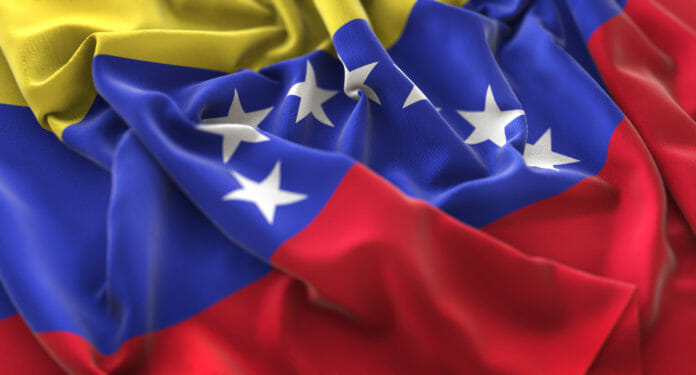Leonardo Buniak pointed out that financially speaking, the future of money was digital and that cryptocurrencies were an interesting opportunity to consider.
Leonardo Buniak, a Venezuelan economist and risk assessor, spoke with the renowned Venezuelan journalist Roman Lozinski on his radio program about the financial possibilities that Venezuelan citizens had to face inflation and protect their savings in the face of an economy hit hard by slight signs of recovery in some sectors.
Buniak’s View Highlights
First, Buniak pointed out that banking was one of the hardest hit and most affected sectors in the South American nation, and that therefore placing money in savings instruments of Venezuelan banks when interest rates are deeply negative is losing the money because you save in bolivars.
“In Venezuela today we have negative real rates, the interest rate is well below the inflation rate, and in real terms, the negative real interest rate not only does not remunerate savings but also does not preserve the power of savings. In this case, the worst thing I can recommend is that they save in bolivars, whoever saves in bolivars loses dollars and finally loses the bolivars”, detailed the economist.
That said, Buniak also commented “financially speaking” that the future of money was definitely digital and cryptocurrencies will become a “definitely inalienable option for savings because the crypto asset, cryptocurrencies is definitely the future,” he emphasized.
“That does not mean investing in things that are not cryptocurrencies, like the petro. I recommend that in Venezuela… they try to earn money in two ways, mining or betting on the cryptocurrency business, there is definitely an extremely interesting opportunity there,” added Buniak on Lozinski’s radio show.
Likewise, Buniak advised Venezuelans that beyond putting their money in assets that will increase in value with inflation, they should see it more as an act of protecting money rather than of speculating.
It is worth noting that on May 30, Venezuelan Bitcoin (BTC) and cryptocurrency exchange CoinCoinX launched its new Cointerest service, a savings module in the stablecoin Tether (USDT) that allows people to obtain a return for depositing that currency on the platform.
The company launched Cointerest so that, “all Venezuelans have access to large projects in their own country.” They add that the Caribbean nation has a great future in relation to the cryptocurrency industry, claiming that, “We believe in the potential that this industry has for the country. We see how day by day our Venezuelan workers with their knowledge have built innovative systems and structures that no country has in this niche.”
Venezuela: Economic data
In this sense, it should be noted that Venezuela has already come out of its hyperinflationary spiral, and according to the Venezuelan Finance Observatory (OVF), an independent entity made up of economic experts, inflation in Venezuela accelerated and reached 10.1 % in May, which represented an increase of 6.5% compared to April. Regarding year-on-year inflation (May 2021-May 2022), according to the same entity, this was 151%, being the accumulated rate this year 34.3%.
On the other hand, the growth projections -which vary-, show the International Monetary Fund a projection for a growth of 1.5%, the Credit Suisse bank has estimated the increase in Venezuelan GDP for this year at 20%, and the other Venezuelan economist, Asdrúbal Oliveros, who has said that he foresees a growth in the GDP of 8%.
By Audy Castaneda



